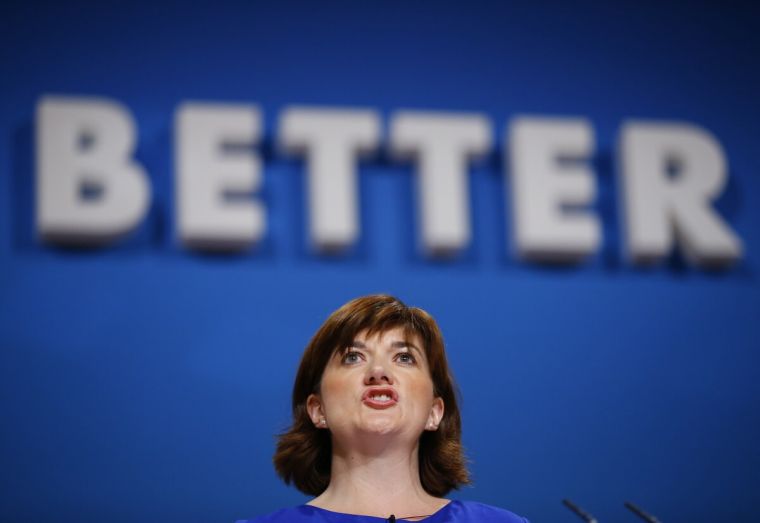Government's 'British values' pledge could threaten Christian freedom, warns evangelical leader

British Christians could find their freedoms under threat unless government plans to regulate churches' activities with children are revised, according to the head of a leading evangelical body.
John Stevens, National Director of the Federation of Independent Evangelical Churches, is urging Christians to respond to the Department of Education's consultation on requiring out-of-school educational settings to be subject to inspections by education regulator Ofsted.
The move is part of the government's Counter-Extremism Strategy and is designed to identify and weed out the teaching of violent or extremist ideology. Though this is not specifically stated, of particular concern is the teaching of Islamist ideology of the kind represented in Birmingham's Trojan Horse scandal.
The Department of Education's proposals would require all institutions providing "tuition, training or instruction" to children under 19 for more than six to eight hours a week to register with their local authority. Critics say that this will include churches running holiday clubs and other activities.
Stevens says in his article: "The measures are framed in such a way as to threaten the freedoms and liberties of churches and Christians, especially if traditional Biblical beliefs are characterised as contrary to 'British values'." He warns that "the proposals in their current form might lead to state regulation of our gospel ministry to children and young people".
He says while Christians should affirm the desire to protect and safeguard children in all settings, they will "rightly be concerned by the desire of the state to prescribe what is taught".
"In particular the Government has failed to state categorically that it is not 'extremist' to teach traditional Christian beliefs about sex and sexuality, nor to teach the exclusive truth of the Christian faith in comparison with other religions."
Speaking to Christian Today, Stevens said that while the FIEC "completely understands" the government's desire to clamp down on extremism, the proposals were badly framed. He said that they would impose an extra level of regulation on churches that might deter them from putting on activities. They would also be exposed to "vexatious" complaints from people opposed to churches teaching traditional views of marriage and sexuality.
He instanced the recent media furore about Christian boxer Tyson Fury's comments about homosexuality and the trial of Pastor James McConnell in Northern Ireland for his comments about Muslims. He said the government needed to be much more explicit about what it meant by 'extremism'. "At the root of the problem is a lack of clarity and precision about what the government is actually trying to prevent," he said.
If the intention was to stop the promotion of hatred, violence and working to overthrow the democratic framework, "Christians would not be worried". However, at the moment Christians felt vulnerable because they feared being forced to approve of views they believed were unbiblical.
The consultation closes on Monday and Stevens urged concerned Christians to make their views known over the weekend.











